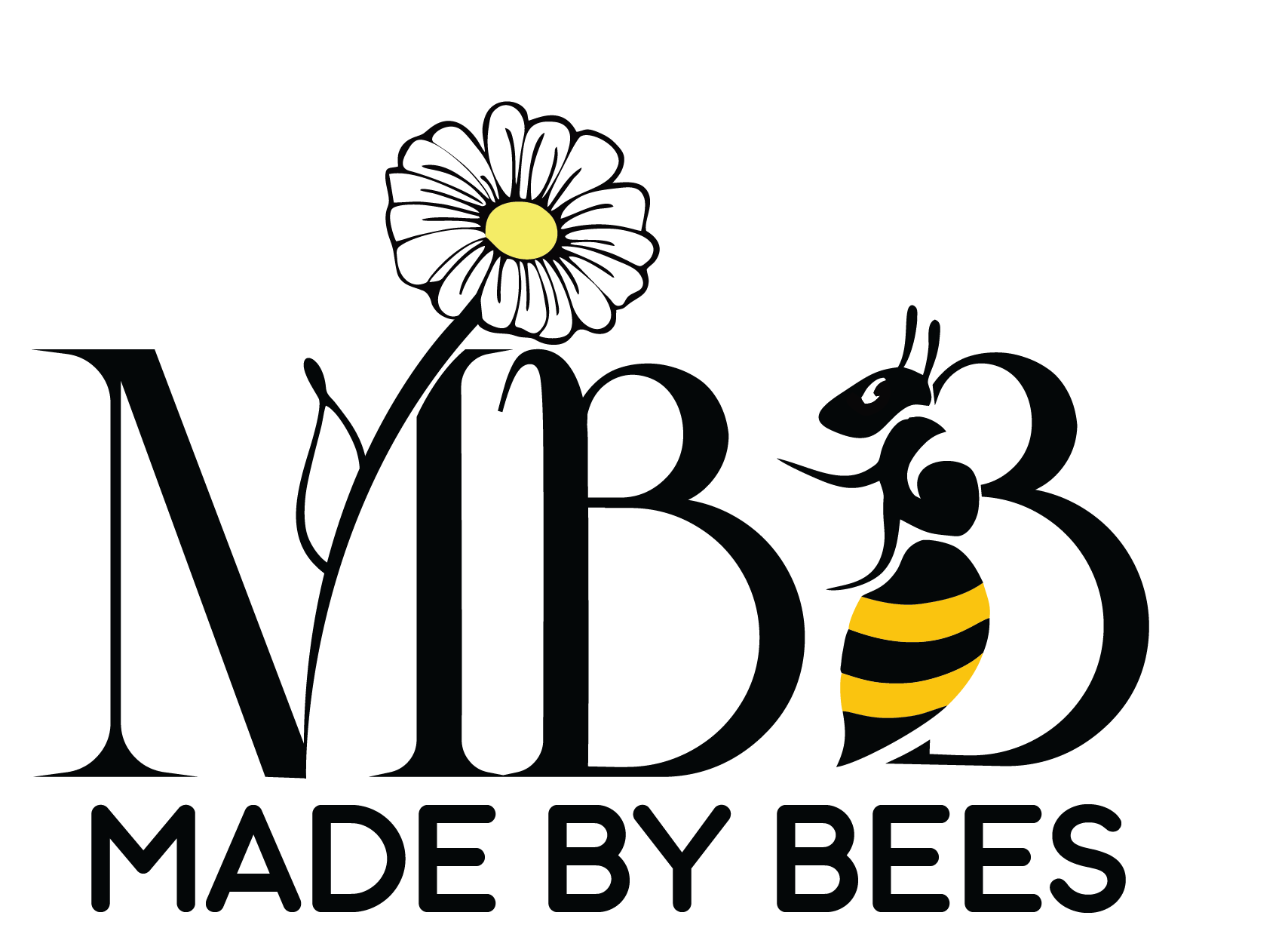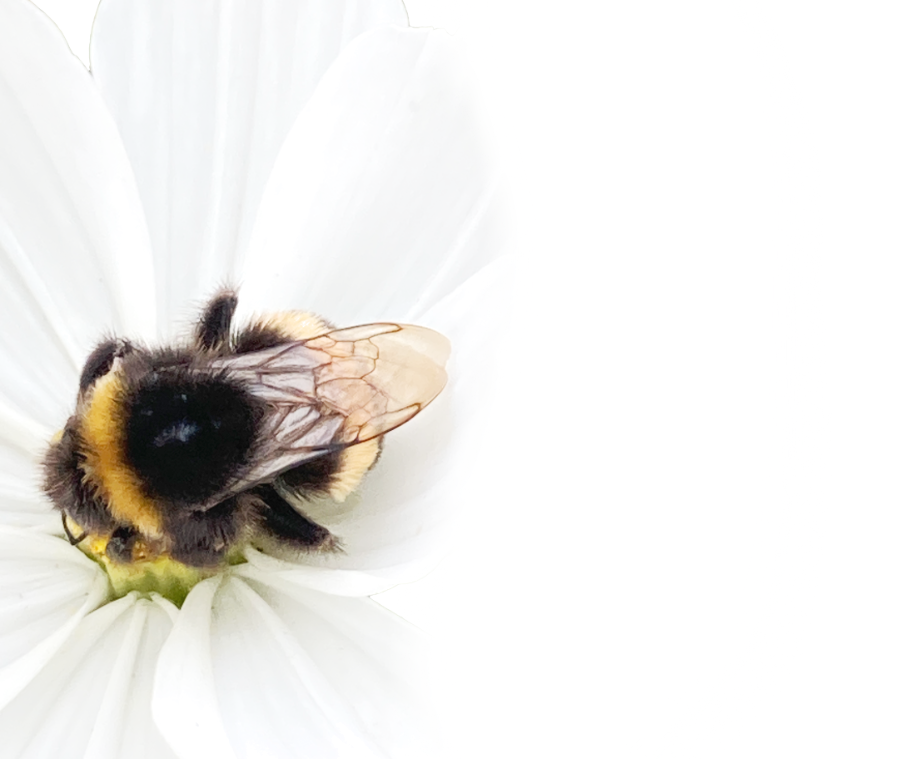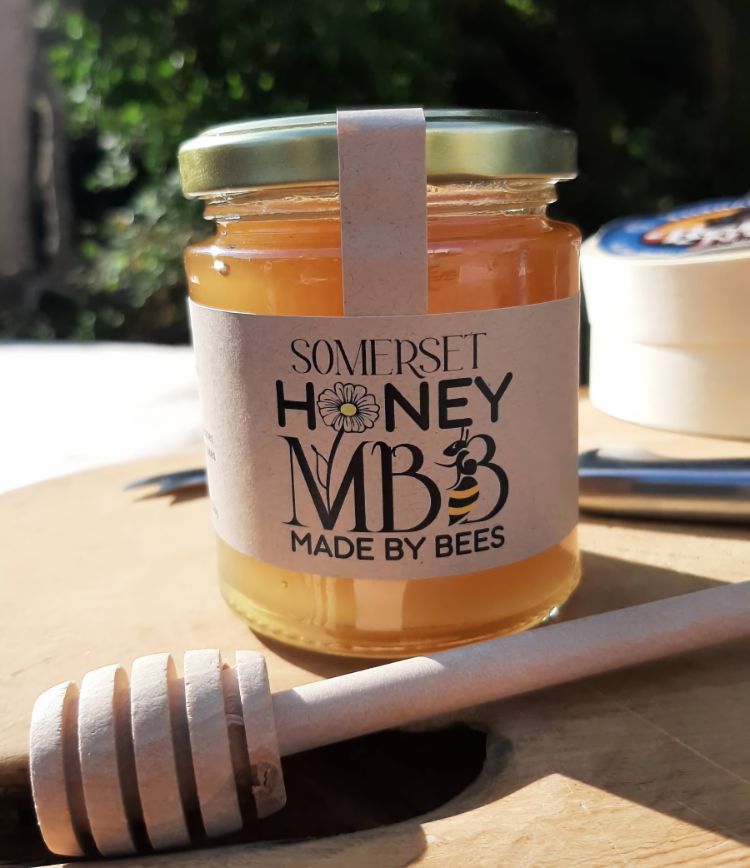Government sets out plans to end the use of toxic neonicotinoid pesticides that threaten vital pollinators.
A complete ban on use of bee-killing neonicotinoid pesticides has moved a step closer today (Saturday 21 December), as the government sets out its plans to deliver a key election pledge.
Despite being banned from general use in the UK, the last government authorised the use of neonicotinoids every year for the last four years in England via a process known as emergency authorisation.
Neonicotinoids are extremely toxic to pollinators. Even at doses that are not directly fatal to bees they can cause cognitive problems impacting foraging abilities and the productivity of hives. The chemicals can also persist in the soil creating a further risk to bees.
Bees and other pollinators are crucial to the agricultural economy with the economic benefits of pollination to crop production in the UK estimated at £500 million annually.
The Government has set out its next steps, including identifying legislative options that would legally prevent the future use of three specific neonicotinoids – clothianidin, imidacloprid and thiamethoxam – entirely, taking full account of the importance of pollinators.






Share:
Gifts that do good
Plastic not fantastic